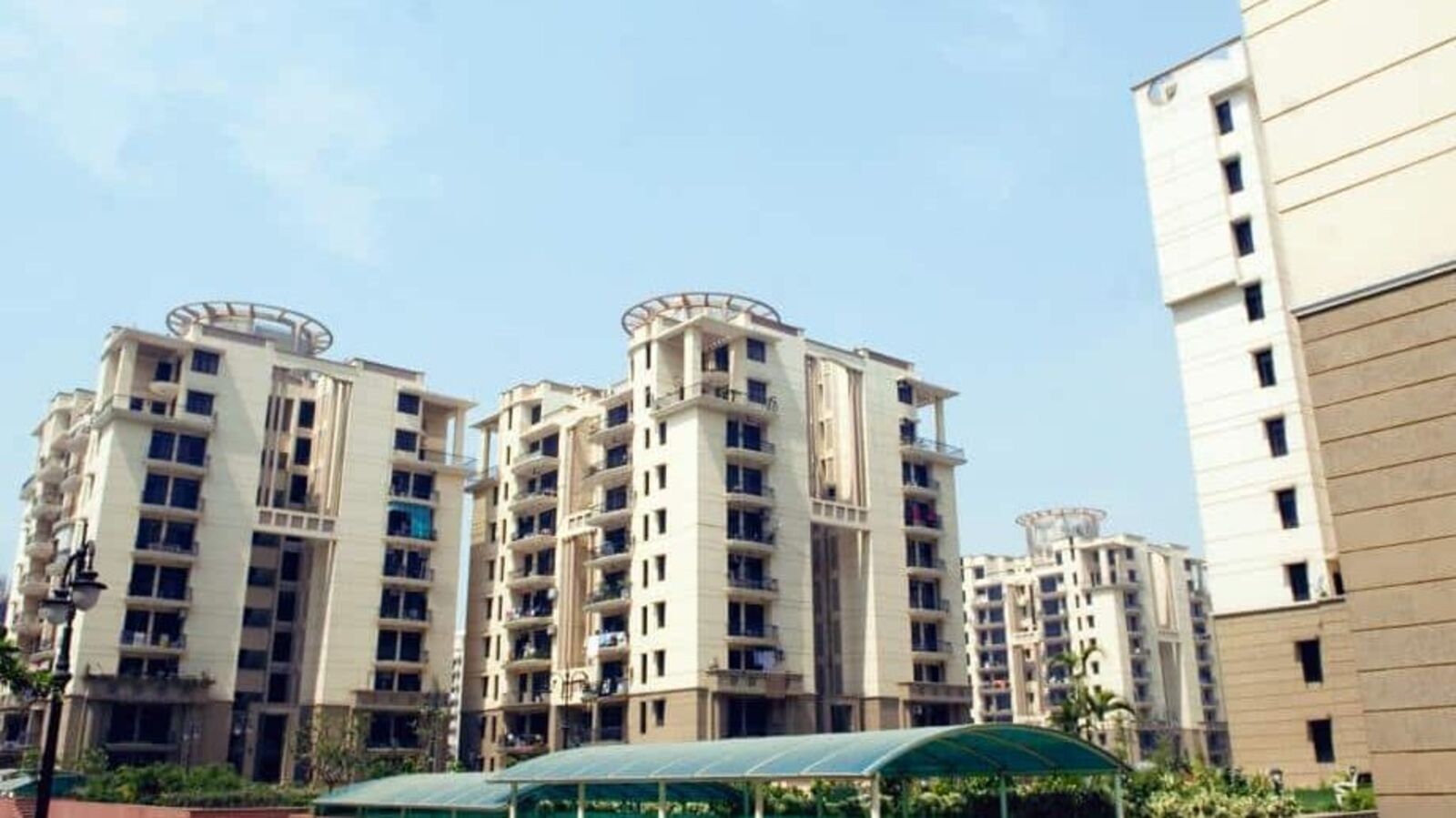Prime Minister Narendra Modi has clinched a third term. Yet, the BJP depends on other parties within his coalition, notably JD(U) chief Nitish Kumar and TDP’s chief Chandrababu Naidu, as they fall short of the 272 majority mark by 32 seats.
Real estate industry experts believe that the scale of the BJP’s victory to a third term means it has delivered unprecedented policy certainty, which the real estate industry yearns for.
The general election results can indeed impact the real estate market. Political stability, government policies, and the economic outlook influenced by election outcomes can affect investor confidence, which in turn influences real estate investment decisions.
Livemint spoke to experts on how election results may impact the real estate market.
The government’s new tenancy act, made possible by their strong majority, has revitalised rental housing, previously an overlooked segment in Indian real estate. Introducing accountability measures and transparency in rental agreements has reassured investors about returns on their assets. According to Gunjan Goel, director at Goel Ganga Developments, private developers are now showing interest in constructing purpose-built rental accommodations in both urban and tier-2 cities.
The ₹25,000 crore stressed asset fund also reflects the government’s commitment to addressing concerns about stalled housing projects. Offering priority debt to the sector has restored buyer confidence, leading to a swift revival of construction activities and housing completions across major markets immediately after the election results, Goel added.
The government’s decision to extend the Credit Linked Subsidy Scheme under PMAY until December 2024 and the changes to LTC guidelines have significantly boosted demand. LC Mittal, Director at Motia Group, noted that the revised norms for interest subsidies and increased differential premiums have further redefined affordability levels, benefiting both consumers and developers, especially in mid- and affordable housing segments.
Moreover, the re-elected government’s establishment of the ₹60,000 crore realty stress fund has been a major positive for the sector following the elections. Mittal highlighted that this fund has provided crucial last-mile funding to builders stuck in their construction projects, allowing them to resume construction promptly and revitalizing the entire real estate industry.
Siddharth Maurya, Founder and Managing Director of Vibhavangal Anukulakara Private Limited, highlighted the significant reforms the re-elected BJP government introduced. These reforms included institutionalising RERA across states to enhance consumer protection and developer accountability.
Additionally, initiatives such as Smart City, AMRUT, and Pradhan Mantri Awas Yojana (PMAY) increased demand in the real estate sector post-elections. These efforts focused on improving urban infrastructure and providing affordable housing, ultimately enhancing the quality of life in cities.
Aman Gupta, director of RPS Group, noted the government’s focus on structural reforms to liberalise the economy, particularly in infrastructure and renewable energy sectors. Anticipating further reforms in areas like land acquisition and business practices, Gupta expects increased investor interest and further growth in the industry.
Disclaimer: The views and recommendations made above are those of individual analysts, and not of Mint. We advise investors to check with certified experts before taking any investment decisions.
You are on Mint! India’s #1 news destination (Source: Press Gazette). To learn more about our business coverage and market insights Click Here!
Download The Mint News App to get Daily Market Updates.
More
Less
Published: 05 Jun 2024, 12:03 PM IST
